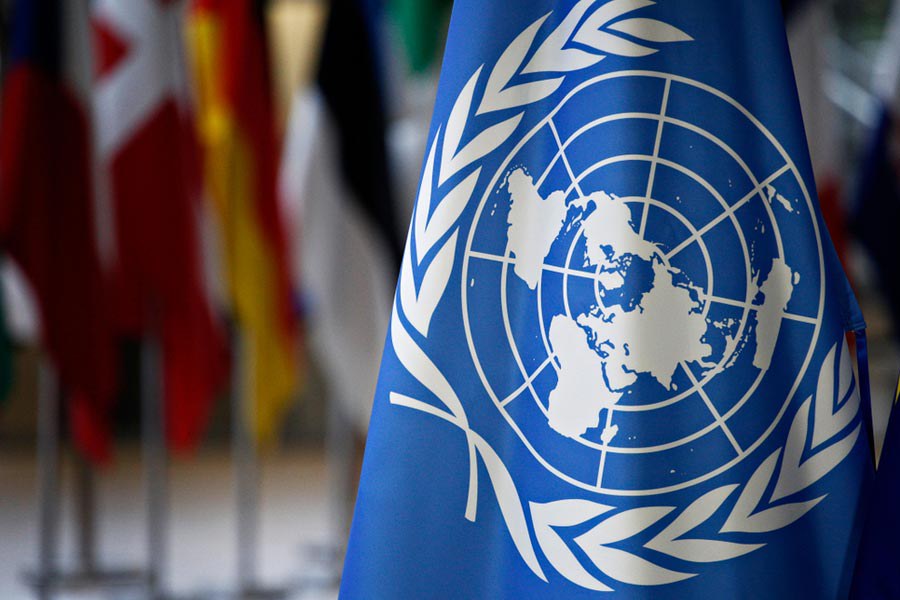As the year draws to a close, people normally hope for a better year ahead. More so if the year has been particularly challenging. Such hope implies the possibility of a better future and can keep us going during trying times. Hope is not a passive exercise in wishing or being delusional, but an active approach to life, requiring a clarity of vision and a plan to get us closer to where we want to be. At the individual level, hope works because hopeful people believe that they can influence outcomes. At the collective level, although the language of hope is used for the same reasons, the outcomes in the recent past have been less positive.
The United Nations was founded on the principles that all members shall settle international disputes by peaceful means and refrain from the threat or use of force against the territorial integrity or political independence of any state. While we have not witnessed any world wars since the UN was founded, there have been 478 wars in the period since the formation of the UN and May 2021.
Collective hope has been belied not only in case of conflicts but also in environmental governance. In 1961, the Morges Manifesto that led to the formation of the global conservation organisation, the World Wildlife Fund, noted the loss of wildlife and hoped that “although the eleventh hour has stuck, it is not yet quite too late to think again.” In 1972, environment was brought to the forefront as a major global issue at the UN Conference on the Human Environment in Stockholm. There have been other initiatives, such as the Convention on Biological Diversity of 1992, for the protection and sustainable use of biodiversity. But there has still been a 73% decline in the average size of monitored wildlife population between 1970 and 2020.
In 1992, at the Rio Earth Summit, the Framework Convention on Climate Change was opened for signatures. Yet, atmospheric CO2 continues to increase with consequent global warming. The Convention to Combat Desertification came about in 1994, but three-quarters of Earth’s land has become permanently drier since then.
The UN, the conventions under its aegis, and other initiatives were all launched with much hope. It is not that we do not have a clarity of vision or a plan to get us closer to where we want to be. Unfortunately, the absence of collective accountability to the next generation has continuously reinforced the lack of commensurate action. In the meantime, the language of hope persists. The Living Planet Report 2024 states, “It’s not too late to save our living planet, but it will take some big changes. As well as making much greater efforts to conserve and restore nature, we need to tackle the causes of its destruction by transforming our food, energy and finance systems.” Salvation from environmental misgovernance has been just around the corner for over half a century now. While the statement by the British conservationist, Peter Scott, that “We shan’t save all we should like to, but we shall save a great deal more than if we had never tried,” still holds true, the contemporary world is more deprived of nature’s rich inheritance than when it was made.
Continued deprivation leads to downward adaptation of needs. For example, we have come to accept poor air quality and tap water is no longer drinkable. In the absence of concrete actions to halt environmental degradation, a great majority of us are continually adapting downwards. Downward adaptation of needs can happen in many different fields. The unquestioning acceptance of authoritarian interference and fatalistic tolerance of a degraded environment is therefore not unsurprising.
Under such circumstances, there is hardly any scope for the principle of justice between contemporaries and future generations to play out. Consequently, the freedom of future generations is compromised. Such a course corrects itself only as a matter of chance or through extraordinary effort of a succeeding generation, which remains a matter of chance. Let us not take chances and hope for course corrections in environmental governance in the future. The time for action is now, more as individuals, because hopeful people believe that they can influence outcomes and they do.
Anamitra Anurag Danda is an environmentalist. Views are personal










